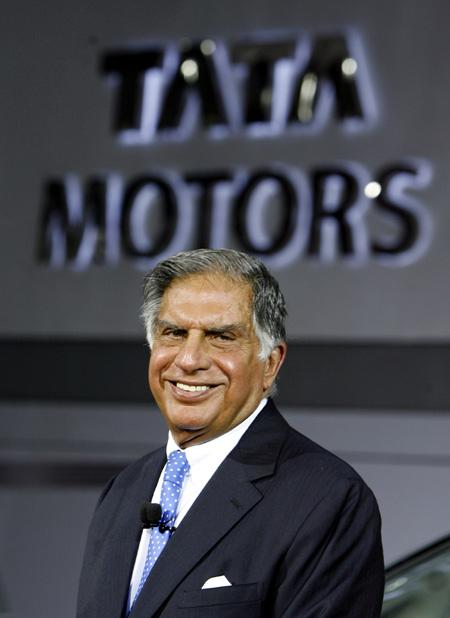
By his own admission, Mr Ratan Tata has preferred to stay away from media and has avoided being an easily accessible person.
The comment was made in an interview to the Tata Group's in-house publication that was posted on the group's website last week.
Quite inexplicably, the website removed the interview shortly after a news agency flashed excerpts of the content, though at least one newspaper carried the full text of the interview the following morning.
The Tata group had every right to take a decision on whether to retain or remove an interview meant for the group's internal consumption, but questions are bound to be asked as to why an interview that didn't have anything that can even remotely be termed controversial was removed.
...
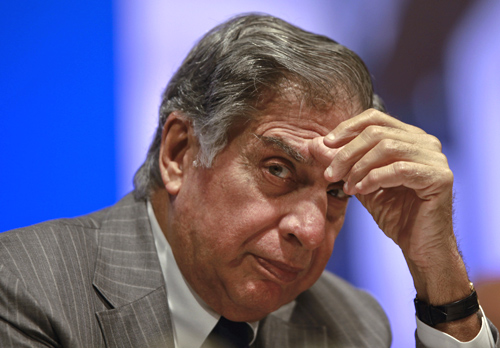
That leads to an obvious question: Did the decision have anything to do with, or influenced by, Mr Tata's oft-repeated concern about "unconfirmed sensationalised stories in the media to sell publications"?
The quote is from the Tata Sons Chairman's own note posted on Twitter, titled 'Lets do The Right Thing,' in July this year.
There is no doubt that Mr Tata has been media-shy, though that shyness hasn't extended to his frequent criticism of media, making it obvious that he has no love lost for a tribe called journalists.
Look at some of his comments over the past couple of years -- after l'affaire Radia scarred the group, Mr Tata's affidavit in the Supreme Court talked of conflict of interest and linked the expose in some publications and TV channels to ownership of stake by telecom companies in these media groups.
...
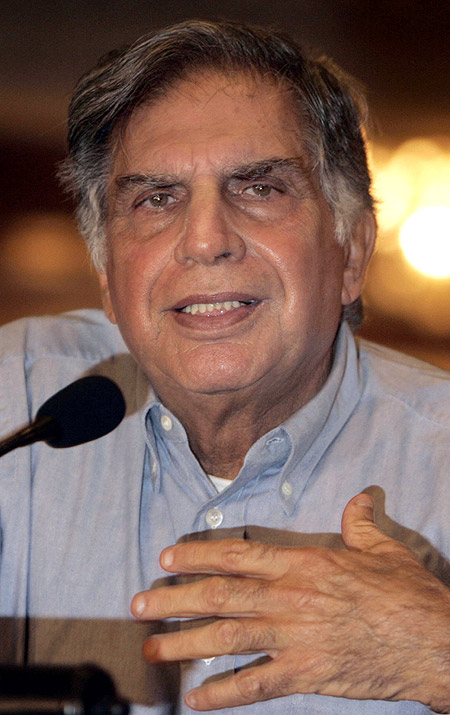
Freedom of expression, Tata claimed, should not be a "euphemism for waging surrogate corporate wars".
The evidence: The two magazines, which published the telephone tape, are substantially owned by large corporate conglomerates.
No one can dispute the ownership bit, but blaming the entire media for waging wars or doing anything to sell publications is like blaming the Tata group for everything that is wrong with the telecom sector.
It's an irony that in the tapes, Ms Radia talks about how she had "dealt with an over-sensitive Ratan Tata who would get upset at every negative word in an article even though he had given the quote himself".
...
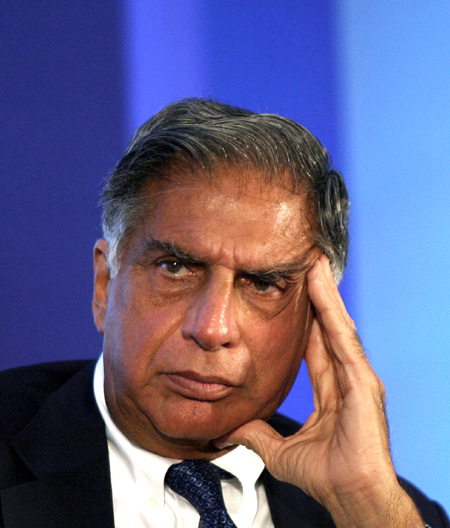
Let's come back to his comment about not being "an easily accessible person". The Indian media would agree with that much more than foreign media.
For, a majority of his interviews in the past year has been granted only to some of the big media groups overseas.
It's nobody's business to question him for having more faith in foreign media, but the irony is that the Chairman's office has been quite busy in the past one year issuing denials.
...
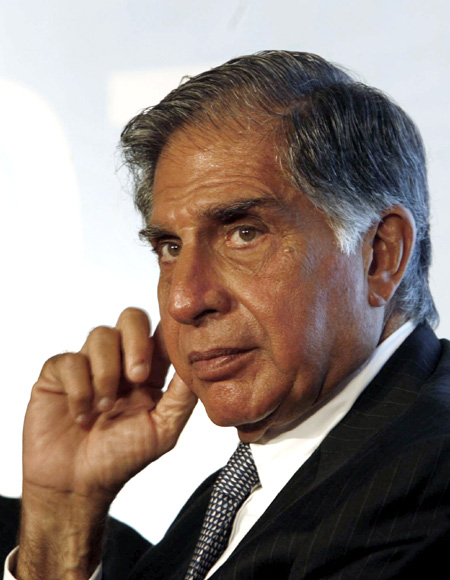
And, while the publications concerned have remained silent or even joined issue with him, it's the Indian media that has been faithfully reporting his angst in great details.
Look at the spate of denials.
Take his interview with the Times in London last year where Mr Tata was quoted as saying that British managers are "lazy".
The Tata group shot back the next day that at no stage in the interview did he make that comment.
Then there was this "comment" about how he is surprised why Mukesh Ambani wants to live in the opulence of a billion-dollar home in south Mumbai.
The Tata group again issued a speedy public denial, which was dutifully carried by most Indian newspapers, even though the Times stood by the contents of the interview.
...
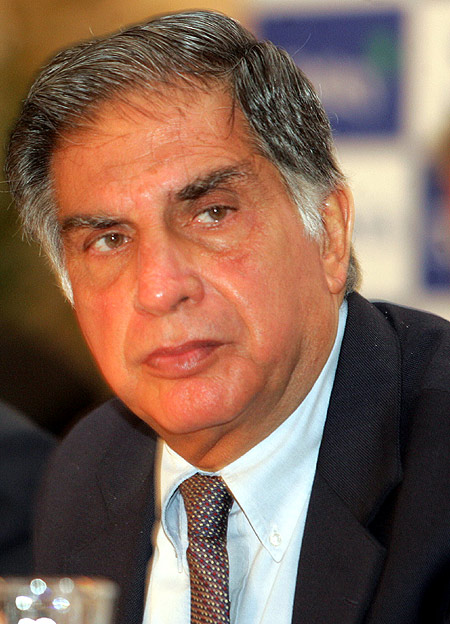
The latest denial, thus gave a sense of deja vu. The Financial Times carried his interview on Friday last week and yet again, Mr Tata's office issued a denial (widely reported in all Indian newspapers), saying the interview has been sensationalised without taking into cognisance the tone, tenor and context.
The Tata statement said he spoke about coherence in implementation of government policy as a need rather than "lashes into the PM", "rapping India", "warning government of inaction" or "venal business environment", as has been reported in media.
Going by the relevant text of the interview released by the Tata Group, it's difficult to figure out why Mr Tata is so upset.
The only objection he may have is usage of the term "lashes into the PM", as Mr Tata didn't refer to the PM at all in the interview. But it's also a fact that he did utter the PMO word.
...
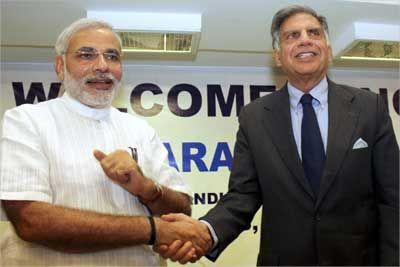
Here is the exact quote: "You may have the Prime Minister's office saying one thing and maybe one of the Ministers having a different view. That doesn't happen in most countries. So you wouldn't have an eight year or seven year wait to get all the clearances for a steel plant or as in the case of the airlines four or five years without any decision. These are the things that by and large would drive investors away in most other countries."
These are strong words used by an industry captain whose voice is respected by most.
...
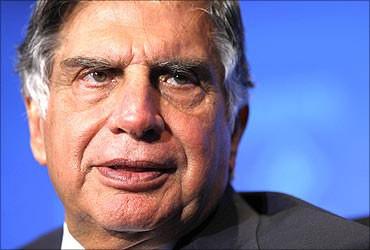
And it's clear from the text that Mr Tata holds the government responsible for inaction and has indeed "rapped" the government. In that context, one fails to understand the reasons for such a strong rebuttal by the Tatas.
Mr Tata obviously thinks this is yet another example of sensationalised stories in the media to sell publications.
As he gracefully retires at the end of this month, the Indian media can only wish him all the very best.